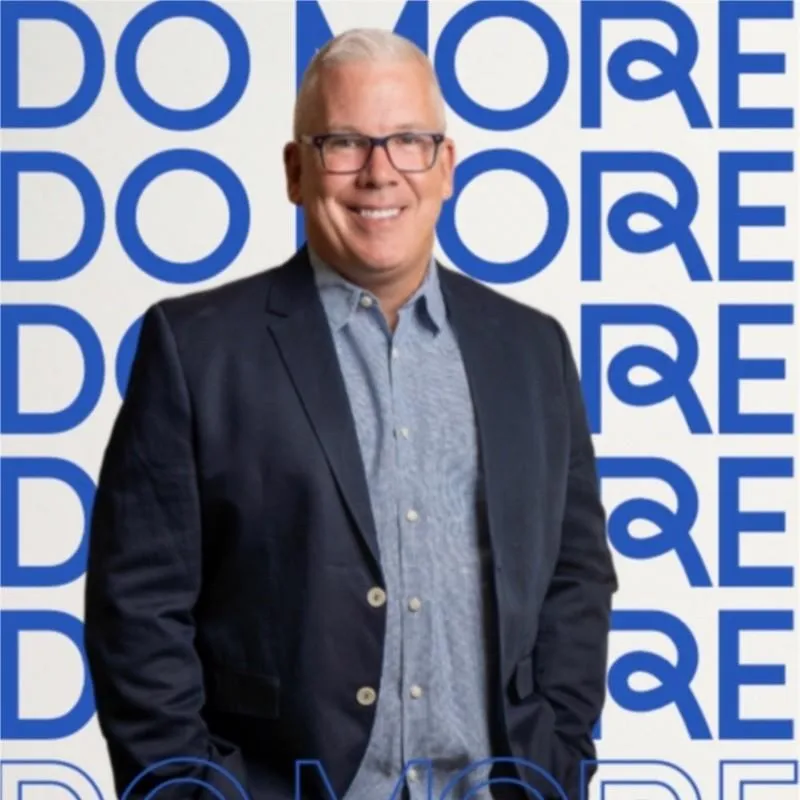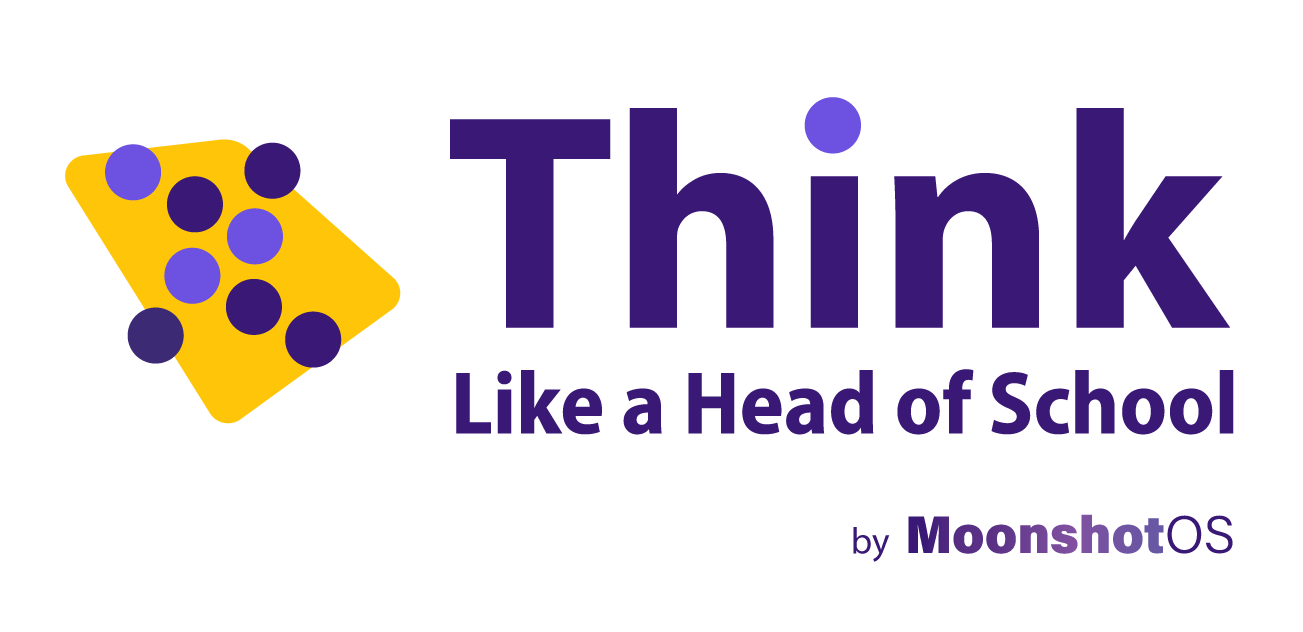🌕 Independent School Moonshot Podcast
Blue Ocean Strategy for Independent Schools


An interview with David Hanson, CFO and COO at The Branson School and Managing Partner of Winthrop & Associates, LLC.
Special Episode: Harnessing Blue Ocean Strategy with David Hanson
In this special episode of the Independent School Moonshot Podcast, David Hanson, CFO and COO at The Branson School and Managing Partner of Winthrop & Associates, LLC, shares insights from a free webinar originally hosted on Friday, September 27th, 2024. The discussion centers on how independent schools can leverage Blue Ocean Strategy, a concept developed by W. Chan Kim and Renée Mauborgne in their groundbreaking book, to redefine their market space and create new demand.
The webinar was edited to remove school specific questions.
Hanson explores strategic frameworks, emphasizing how schools can shift their focus from competing in overcrowded markets to identifying and addressing the unique needs of their communities. By utilizing the Four-Box model—raise, reduce, eliminate, and create—he shares practical steps schools can take to align their offerings with what their students and families truly value.
We also dive into the importance of rethinking traditional budgeting models, engaging students in strategic planning, and setting realistic timelines that align with the rapidly evolving educational landscape. This episode offers valuable insights for school leaders looking to drive innovation and create sustainable growth within their schools.
Tune in to learn how Blue Ocean Strategy can help your school stand out by focusing on what matters most.
Presentation Slides
What You'll Learn:
Strategic Frameworks: Schools should carefully select the right strategic framework before diving into the planning process. Blue Ocean Strategy offers a unique approach that encourages schools to look beyond competitors and focus on the needs of their specific communities.
SWOT Analysis Limitations: While SWOT analysis remains useful, Hanson recommends focusing less on external competitors and more on the needs and desires of the school’s current and potential customers.
Blue Ocean Strategy: This strategy enables schools to create new demand by focusing on their core strengths and meeting the unrecognized needs of their community, potentially uncovering new opportunities and avoiding overcrowded competitive markets.
Budget Alignment with Strategy: Many schools need to fully consider the financial implications in order to build strategic plans. Schools should perform a needs analysis to understand where to invest resources and which programs or initiatives can be eliminated.
Engage Students in Strategy: Involving students in strategic planning can help schools better understand what is valued most on campus and where resources may be underutilized.
Set Realistic Timelines: Strategic plans should be viewed through shorter timeframes, like three years, to align with the average head of school’s tenure and ensure flexibility in adapting to rapid changes.
Discussion Prompts
How could your school benefit from adopting a Blue Ocean Strategy approach? What opportunities could you create by focusing on unmet needs in your community rather than competing with other schools?
David Hanson mentioned the importance of utilizing the Four-Box model (raise, reduce, eliminate, create) to realign a school’s offerings. How might this model help you streamline or innovate programs at your school?
Involving students in strategic planning was a key takeaway from the episode. How does your school engage students in decision-making, and what value could they add to your strategic planning process?
Budget alignment was discussed as a critical factor in successful strategic planning. How can your school ensure its financial resources are best allocated to support its strategic priorities?
David Hanson suggested that strategic planning timelines should be shortened to reflect better the head of the school’s tenure and the pace of change in education. How might your school NEXT EPISODEbenefit from adopting shorter, more flexible planning cycles?
Catch the Next Episode of the Independent School Moonshot Podcast
Each week, we dive into how schools are rethinking their business model, tackling big challenges, and building for the future.
Want to Be a Head of School ? Start Here.
Take the free course: Think Like a Head of School. It’s built for leaders who want to understand the business side of running a school—strategy, finance, decision-making, and more.
Member Resources
LEGAL
© Copyright 2025. MoonshotOS. All Rights Reserved.





